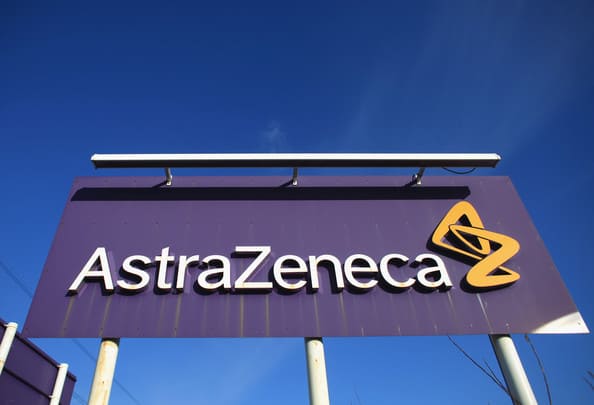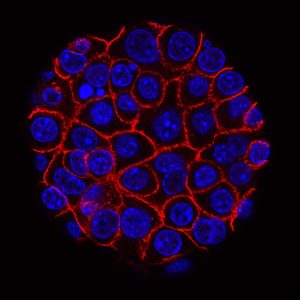
AstraZeneca/BMS drug granted speedy FDA review
pharmafile | June 5, 2013 | News story | Sales and Marketing | AstraZeneca, BMS, lipodystrophy
AstraZeneca and partner Bristol-Myers Squibb have been granted a priority review for their rare disease drug metreleptin.
The medicine is an investigational agent for the treatment of metabolic disorders associated with inherited or acquired lipodystrophy (LD), a rare disease estimated to affect just four thousand people globally.
Often starting in young children, lipodystrophy causes patients to lose fat tissue, especially fat under the skin. This adipose tissue deficit causes a drop in the hormone leptin, which can lead to various complications.
The drug, an investigational recombinant analog of the human hormone leptin, has been granted a priority review by the US regulator as it has the potential to treat patients with an unmet medical need.
This type of review speeds up the overall approval process and means the FDA aims to come to a decision within an eight months, rather than the standard twelve.
“The FDA’s granting of priority review for the metreleptin highlights the significant unmet medical need for patients affected by lipodystrophy and brings us an important step closer to potentially bringing a treatment option to these patients,” said Fred Fiedorek, head of development, CV and metabolics at Bristol-Myers Squibb.
“Developing metreleptin for the treatment of lipodystrophy demonstrates Bristol-Myers Squibb and AstraZeneca’s continued dedication to scientific innovation and global patient care for people impacted by diabetes and related metabolic disorders,” he added.
New lease of life for the drug
Metreleptin had originally been developed by Amylin, which was looking to use the drug, in tandem with a Takeda medicine, as an injectable treatment for obesity – but both companies failed to make this work.
BMS and AstraZeneca took on the medicine when the companies bought Amylin for $7 billion last year.
Both firms have decided against looking for an anti-obesity licence and are focusing instead on patients with LD, betting that the rare drug status will bring in more revenue, and increase its patent life.
The priority review has been granted after the FDA received new data. These data, from the National Institutes of Health, is an ongoing, open-label trial in adult and paediatric patients (under 18 years old) with inherited or acquired LD.
Data released in early May showed that metreleptin reduced average blood sugar levels in younger patients with LD.
It is also being studied in obese patients with type II diabetes to help reduce sugar levels and insulin resistance, although trials for this area have been less encouraging.
Ben Adams
Related Content

AstraZeneca shares results for Imfinzi in phase 3 trial for small cell lung cancer
AstraZeneca has announced positive high-level results from the phase 3 ADRIATIC trial, which demonstrated that …

FDA accepts BLA for AstraZeneca and Daiichi Sankyo’s datopotamab deruxtecan for breast cancer treatment
AstraZeneca and Daiichi Sankyo have announced that their Biologics License Application (BLA) for datopotamab deruxtecan …

FDA approves AstraZeneca’s Ultomiris for NMOSD treatment
AstraZeneca has announced that the US Food and Drug Administration (FDA) has approved Ultomiris (ravulizumab-cwvs) …








